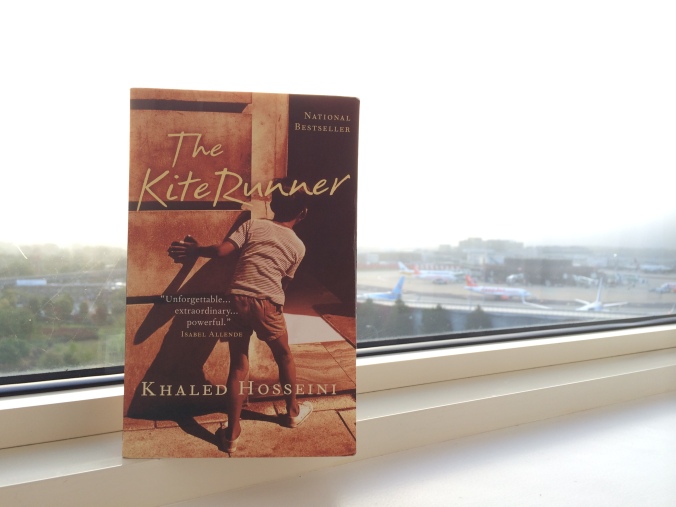Published: 1891
This was my second time reading this book, and I must say I got a completely different perspective on it reading it now. The first time I read it I was really enamored with Lord Henry Wotton’s sauve attitude and his ability to thrive in any social situation. Or, perhaps a more astute observation would be that he is able to control every social situation he is in.
I feel embarrassed to have ever admitted those feelings towards such a vile, pompous, self-centered character. He is extremely manipulative and selfish, and has no feeling towards anyone else. He associates with people that will serve him a certain purpose and is completely closed-minded. His theories and opinions are treated as fact, even though frequently they are absolutely absurd. I don’t know why I didn’t notice it before, when it’s so clearly starring me in the face during this time’s read.
Then comes the narcissisic Dorian Gray. A man so beautiful that the world just falls at his feet and his beauty allows him to get away with murder. He becomes enthralled with Henry’s suave attitude (I fell for that charm myself the first time around so one could say I completely undertand him) and vows to become just like him. As the reader follows his transformation it becomes quite clear who his main influence has become, however, he does struggle within himself. Especially at the beginning, he has moments of lets just saw “weakness” and he realizes that reason doesn’t always triumph emotion.
I very much enjoyed Basil Hallword, the sensitive and passionate painter that uses Dorian as his muse for much of his art. He is the exact opposite of dear old Henry. He couldn’t care less about attending the most expensive opera’s, associating himself with the most upper of classes and attending lavish parties. He is a lot of more emotional and consumed by his art. His most precious painting, the painting that ends up grasping Dorian’s youth allowing him to remain young while everyone else around him ages, is what destroys Dorian in the end and serves as the major symbol within the story.
Another feature of the novel which is so typically Victorian but also very humanist is Henry’s desire to understand humans. His theories and his social observations are all ways to try and understand how humans work and why. Sort of like early versions of psychology mixed with philosophy. Take his quote for example (there are so many of these it was hard to choose):
“The reason we all like to think so well of others is that we are all afraid of ourselves. The basis of optimism is sheer terror. We think that we are generous because we credit our neighbour with the possession of those virtues that are likely to be a benefit to us.” (72)
Having said all those negative comments about Henry, I still really enjoyed this book and it remains on my top 10. As soon as I finished I couldn’t wait to pick it up again. I think I am most in love with Wilde’s writing. It’s like a beautiful melody and a powerful painting. It’s just so lovely.
Have you read a Wilde book? What did you think?





















